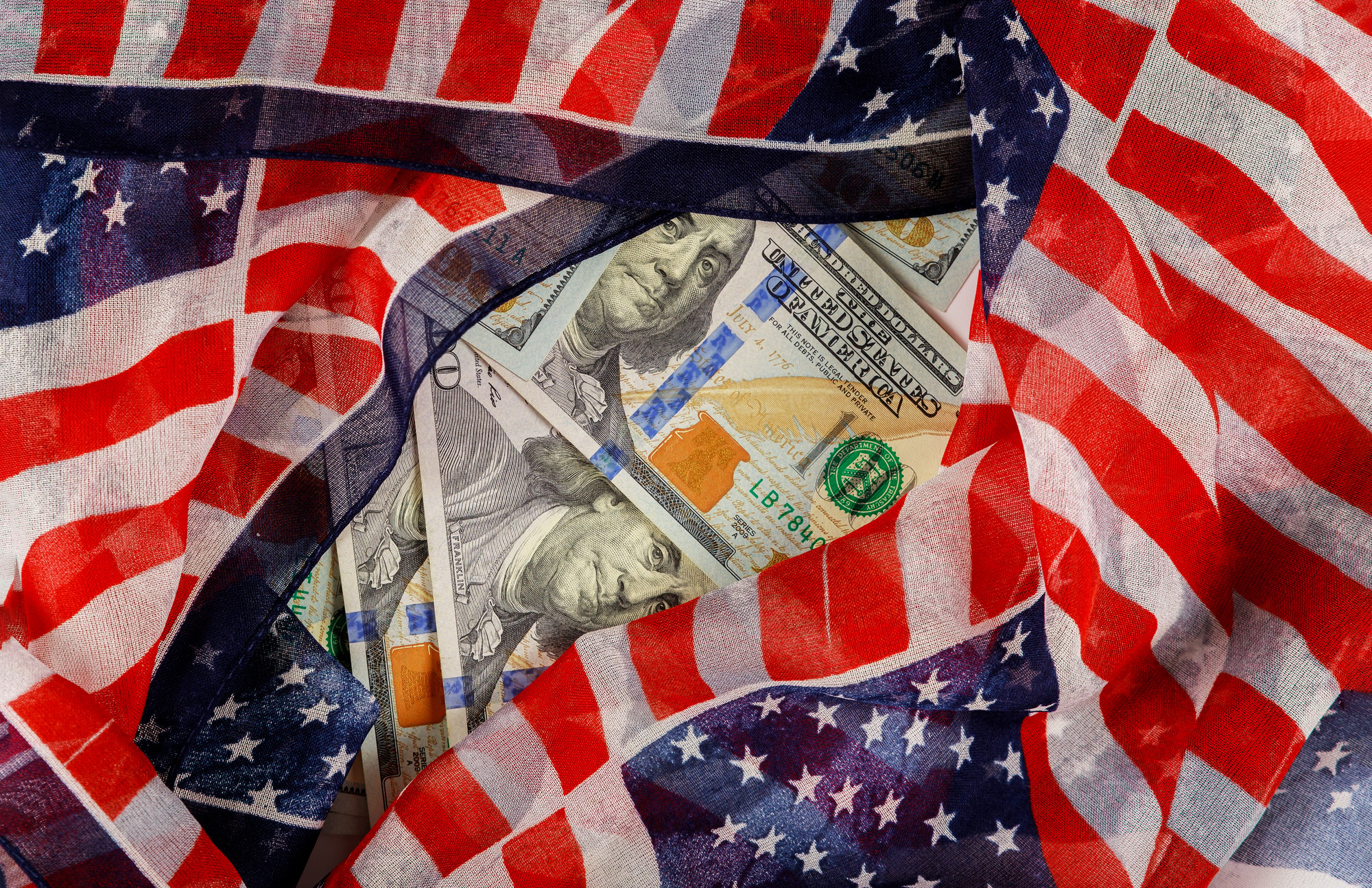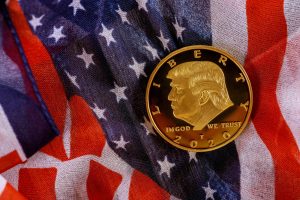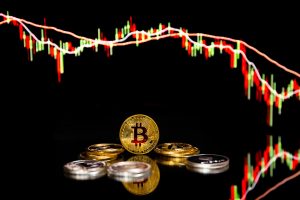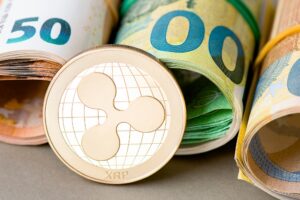As the prospects for the future of this country grow dimmer and dimmer under such sweeping tariffs and increasing inflation, President Donald Trump attempted to divert the nation’s attention from the immediate problems by dubbing the entire situation a “transition period“, claiming the country will soon “do fantastically.“
In an interview with NBC News, Trump was asked directly whether a short-term recession would be acceptable. His response:
“Look, yeah, it’s — everything’s OK. What we are — I said, this is a transition period.”
The remarks echoed an earlier Truth Social post, where Trump pointed to strong employment data and once again pressed the Federal Reserve to cut interest rates.
“We’re only in a transition stage, just getting started!” he wrote.
Behind the Optimism: Slower Growth, Rising Discontent
Trump’s upbeat tone comes as U.S. GDP posted its first quarterly decline in three years, largely due to a flood of imports ahead of his tariff hikes. Businesses reportedly accelerated shipments to avoid the 145% duties now in place on many Chinese goods. The decline, although expected by some economists, underscores the fragile state of the economy.
Meanwhile, a new Reuters/Ipsos poll shows Trump’s approval rating slipping to 42%, down five points since his January 20 inauguration. Economic worries are a driving force, as voters express unease with both inflation and the global trade war.
Mixed Signals from the Data
Despite the GDP setback, consumer spending and private investment remain resilient, leading some analysts to suggest the downturn could be temporary. Job growth slowed slightly in April but remained positive — a point Trump’s team is keen to highlight.
However, many economists caution that the worst of the tariff-related drag may still lie ahead. If trade talks with China stall or consumer prices rise further, the risk of a deeper slowdown increases.
The Road Ahead
As Trump passes his 100th day in office, he faces a tough balancing act: maintaining political momentum while stabilizing an economy rattled by his own aggressive trade policies. Whether this “transition” leads to a true recovery — or a prolonged slump — remains to be seen.







